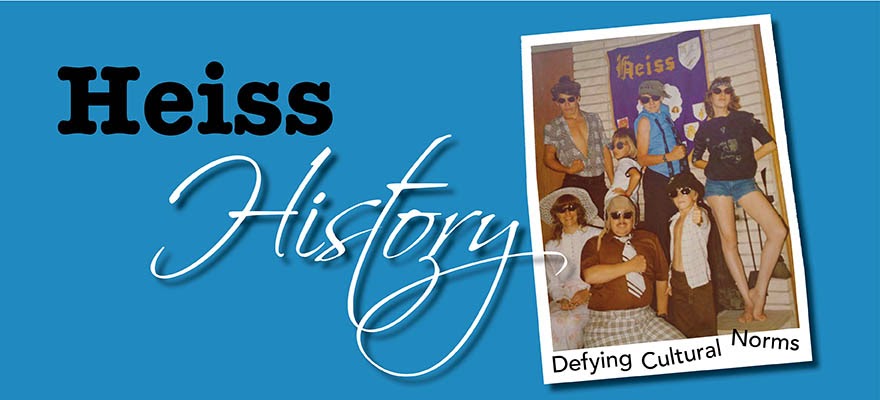So, Dad was now Scout Master of Troop 106. Now what?
He had never been Scout Master before. It is easy to know
exactly how to do something, like being Scout Master, until you face the abyss
of actually being in charge. The transition from theory to reality can be a challenge.
But Dad did have one thing to his advantage – there was no legacy of scouting
in the Fremont 3rd Ward.
This made things easier because expectations were low and there
was no one’s shadow that dictated his course. Dad was free to experiment. His
first troop became his laboratory. But, where to start?
The first thing he had to do was create order from chaos.
The boys had no concept of what a scout troop should be and how it should act.
They had no idea why needed a uniform. They did not understand the trail to
Eagle. So that is where he started – the basics.
First, all boys had to get a uniform and wear it to all
scout meetings. Of course, this impacted parents and family budgets, but
parents were simply excited that someone was interested in their boys. Dad’s
excitement encouraged the parents so the uniform did not become a burden. All
the boys willingly complied.
·
Patrols
– small groups of boys, maybe 6-10
·
Patrol
Leaders – one boy appointed by his patrol to lead them
·
Senior
Patrol Leader – one boy selected by the troop to have stewardship over all
patrols
·
Quartermaster
– one boy who was in charge of the equipment closet that include troop supplies
like tents, flags, and other such items. He really became an Assistant Senior
Patrol Leader.
·
Assistant
Scout Master – an adult who had an equal passion for scouting as Dad did.
This position was key to Dad’s success for it allowed him to devote attention
to a group of boys or an individual knowing that a responsible adult could keep
the boy’s focused in his absence.
With this organization the boys were more prone to feel a
vested interest in their troop. They each had a role to play and the structure helped
them gain confidence in the program and in themselves.
Once the uniforms were pervasive and the structure was set,
Dad was able to guide the boys down the path to Eagle. That meant the boys
needed to learn scouting skills. This is more than earning the merit badges
needed to progress. These skills are what made scouting fun for the boys.
Dad would teach these skills through games and competitions.
There was the compass game, for example, where you had a blank compass and 3x5
cards with the points of the compass. Each patrol would form a single-file line
and each boy would run from the line, one at a time, to the compass. They were
handed a 3x5 card and had to correctly place it on the compass. The boys loved
this game and as a result they learned how to use a compass.
Dad used this type of competition to teach knot tying, first
aid, and the ever popular semaphore. That was my favorite skill. Semaphore is a
lost art. It is a type of silent communication that uses two red and white flags
to spell out words. You had to learn to display the semaphore alphabet by the
positions of the flags. You also had to decipher the alphabet to receive the message.
We all excelled in this skill and could send and receive messages across the
parking lot at the church.
 Once the troops started learning skills, Dad took them to Stake
and District Camporees. Here scouts troops from all over Fremont would go to a
camp out and have competitions against each other centered on the scouting
skills. Troop 106 quickly became competitive and started winning several contests.
Each time they one, they got a ribbon that they would put on their troop flag.
In a few years, the ribbons increased and when Troop 106 showed up Camporees,
other troops were instantly intimidated by the ribbons proudly displayed on their
flag.
Once the troops started learning skills, Dad took them to Stake
and District Camporees. Here scouts troops from all over Fremont would go to a
camp out and have competitions against each other centered on the scouting
skills. Troop 106 quickly became competitive and started winning several contests.
Each time they one, they got a ribbon that they would put on their troop flag.
In a few years, the ribbons increased and when Troop 106 showed up Camporees,
other troops were instantly intimidated by the ribbons proudly displayed on their
flag. 







No comments:
Post a Comment